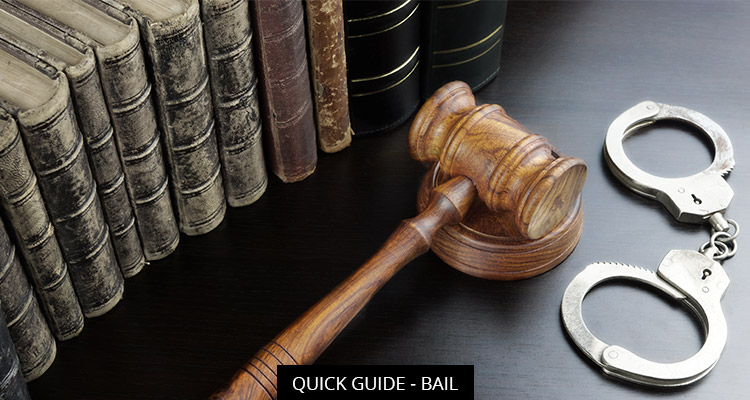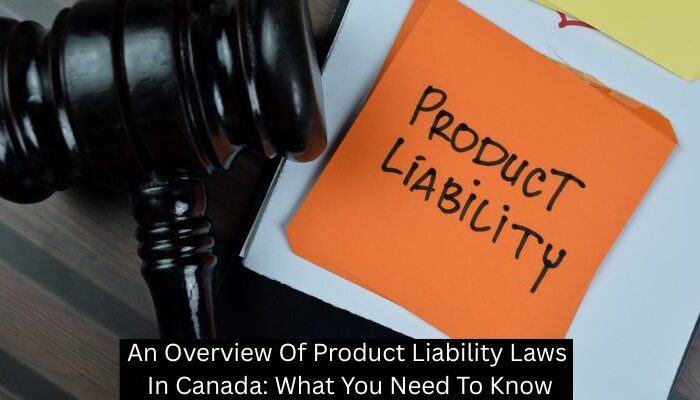
If you are charged with a crime, you should contact a criminal lawyer as soon as possible. Criminal defence lawyers can assist with a bail hearing. After being charged with a crime, you will either be released by police with instructions to attend upcoming court dates, potentially with some restrictions on your actions, while you await trial. If you are not released the police can hold you, until a bail hearing can be conducted.
What Happens At A Bail Hearing?
At a bail hearing, normally the Crown must show why an accused should be held while awaiting trial, however there are some circumstances where there is a “reverse onus” on the accused, meaning the accused must show why they should be released. Circumstances where there could be a reverse onus include:
- The accused was already on bail and there are new, non-related charges,
- The accused was already on bail, did not follow their release conditions, and have been charged with failure to comply,
- The accused was charged with certain drug trafficking offences,
- The accused was charged with certain other very serious offences (i.e.: treason, murder, etc.)
If an accused and the crown can agree on a release plan, they can submit a joint position and have an uncontested bail hearing. If, however the two sides disagree there are three things the court will consider to decide whether or not an accused should be released:
- Primary Concern: Will the accused not attend court dates
- Secondary Concern: Will the accused commit a further crime while released
- Tertiary Concern: Will the public feel that the justice system is functioning poorly if the accused it released (based on circumstances and/or notoriety of the offence).
In a contested bail hearing, the accused or their criminal lawyer will submit a bail plan to address the judge’s concerns. Many accused will find a surety (person who agrees to supervise you) to alleviate the concerns.
If the judge decided that you will be released, they will use the “ladder” principle, to decide on the terms of your release. The ladder principle means that your freedom should only be restricted as much as necessary to satisfy the courts concerns.
Types Of Post-Bail Hearing Releases
If the police release you without holding you for a bail hearing you will be released on either an appearance notice or a promise to appear. Contained in the release paperwork there will be your first court date and charges listed as well as certain other conditions like appearing for fingerprints, to stay away from an address or person, etc. These types of releases without a bail hearing are generally reserved for less serious offences.
If you are held pending a bail hearing there are a number of potential outcomes:
Undertaking: Without Conditions
You agree to attend court dates but there are no other conditions attached to the release.
Undertaking: With Conditions
You agree to attend court and there will be other conditions attached, some common examples of conditions would be not to contact the victim, not to attend at certain locations, etc.
Recognizance: Personal
You agree to abide by conditions and attend court dates. You also pledge a certain amount of money that you must pay into the court if you breach your conditions.
Recognizance: Bail Program
A caseworker/social worker in a bail program will check up to see if you are following conditions.
Recognizance: Surety
A surety is someone who can ensure that you are following your conditions, essentially they are agreeing to supervise you. They pledge a certain amount of money to the court to be paid if they fail to report you breaching your conditions. Often a surety will be a close family member of the accused.
Recognizance: Surety Residential
Just like an ordinary surety they must agree to supervise you and pledge money to the court to be paid if they fail to report you breaching your conditions, and the surety must live with the accused.
Held Until Trial
If none of the release options on the ladder can satisfy the court’s concerns, the accused may be held in custody until trial.
Get In Touch With Us
Remember if you have been accused of a crime your best option to preserve your rights is to contact a criminal defence lawyer. An experienced criminal defence lawyer at Ayaz Mehdi Professional Corporation can assist you with your case.
Disclaimer: Kindly note that sending or receiving information through this site does not establish a solicitor-client relationship. Legal matters are fact-specific, and the law is variably changing. The views expressed and the content provided on this blog are general guidelines and cannot substitute for proper legal advice. Schedule your legal consultation by clicking here: Let’s meet!






